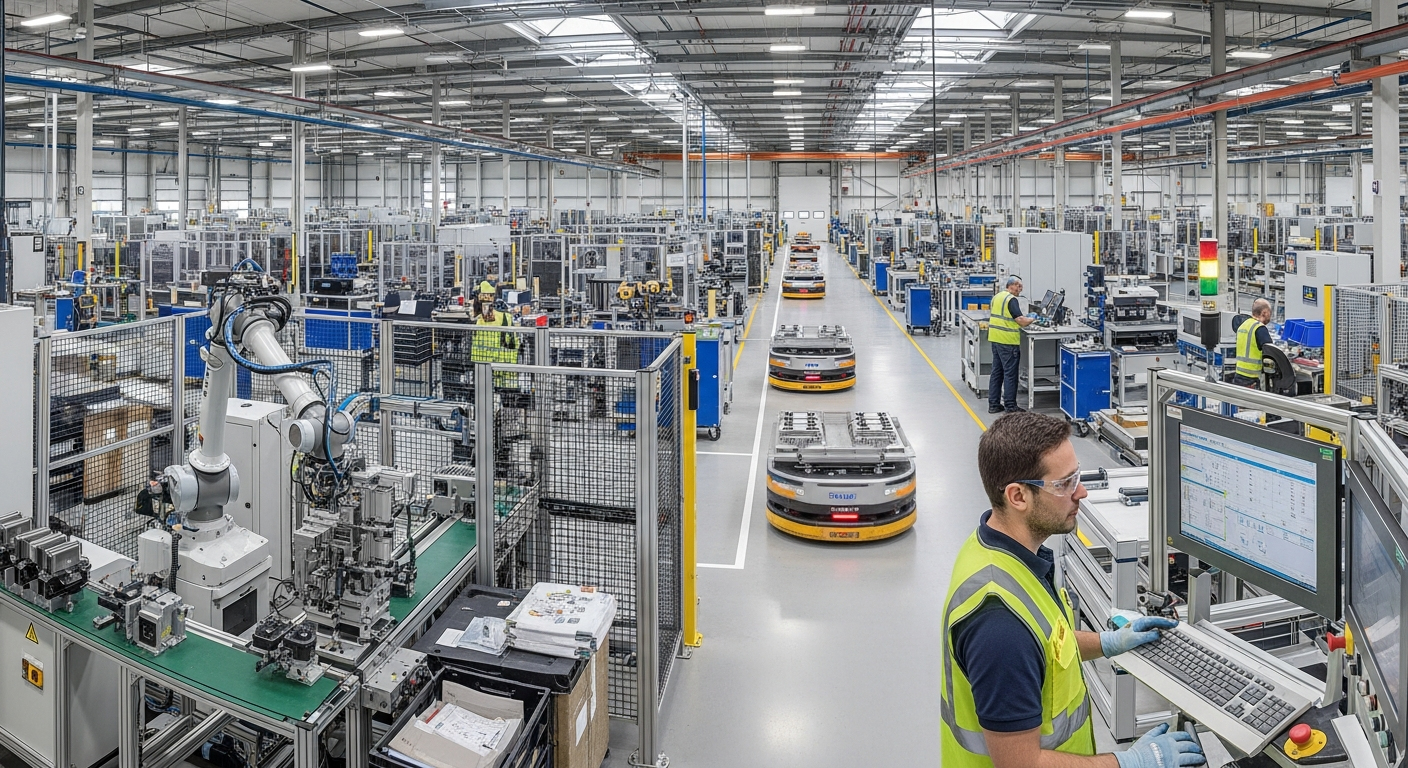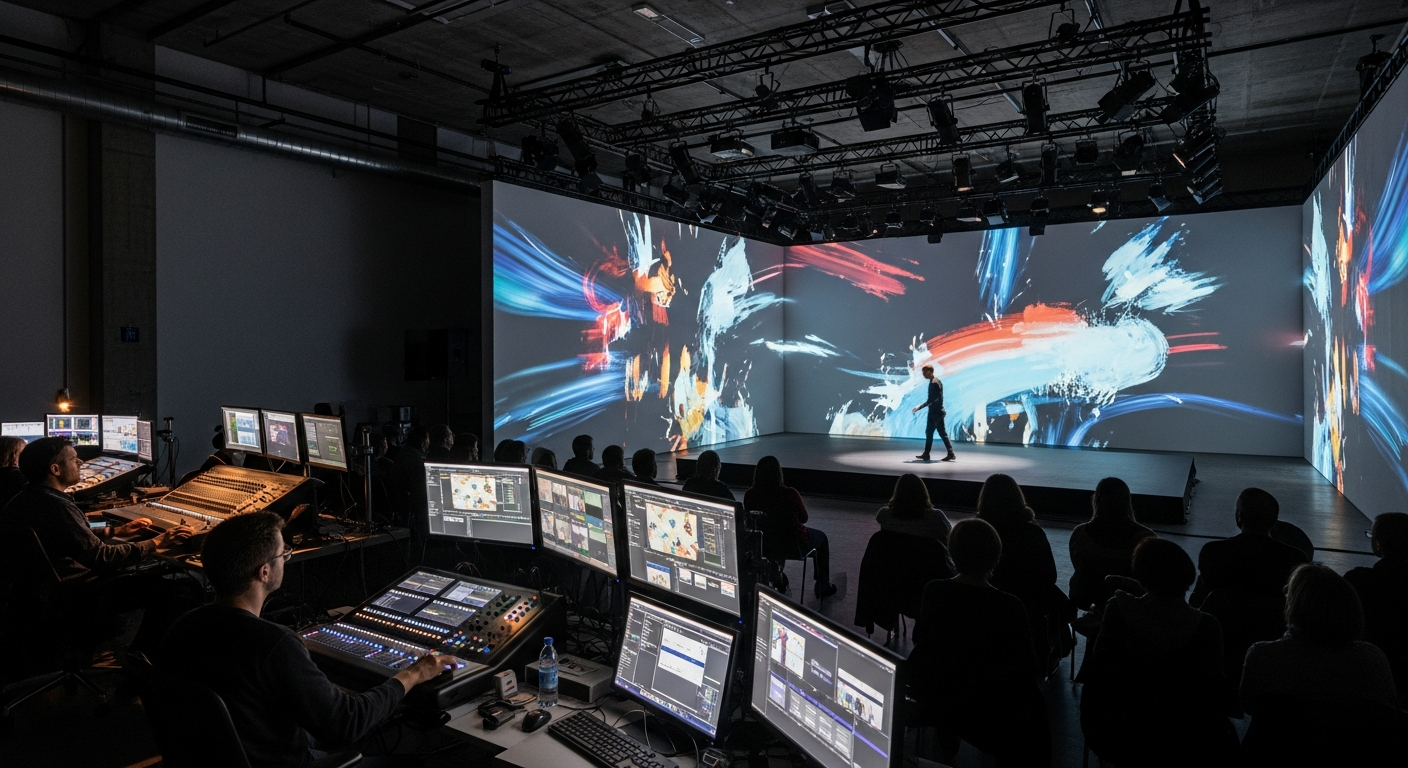"Understanding the New Wave of Intentional Communities"
The concept of intentional communities is not new. However, the 21st century has seen a resurgence in this communal living concept, with fresh, unique perspectives emerging. Understand the history, the present, and the potential future of this sociological phenomenon. Read below to discover more.

History and Emergence of Intentional Communities
Intentional communities, where people live together on the basis of shared values, have been a part of human society for centuries. They emerged as a counterpoint to the increasingly industrialized and individualistic societies of the 19th and 20th centuries. These communities, often based around religious or ideological beliefs, provided a haven for those seeking a more communal, value-driven lifestyle.
Modern Resurgence of Intentional Communities
Fast forward to the 21st century, and we are witnessing a resurgence of intentional communities. This revival is fueled by a combination of factors: the search for sustainable living, the desire for meaningful connections in an increasingly digital world, and the appeal of shared resources in the face of economic challenges. These modern intentional communities are diverse in nature, ranging from urban co-living spaces to rural eco-villages, each with its unique set of principles and practices.
Societal Implications of Modern Intentional Communities
The rise of modern intentional communities reflects several broader societal trends. Firstly, it points to a growing dissatisfaction with mainstream societal norms around consumption, individualism, and materialism. Secondly, it signifies a longing for more meaningful, face-to-face relationships in an age of digital interactions. Finally, it signals a move towards sustainable living practices at a time of increasing concern for the environment.
The Impact of Intentional Communities on Society
Intentional communities are more than just a social movement. They are shaping modern society by challenging conventional norms and proposing alternative ways of living. By promoting shared resources, sustainable practices, and community values, they offer a critique of mainstream society and a blueprint for a different kind of future.
Looking Ahead: The Future of Intentional Communities
While it’s impossible to predict with certainty, the future of intentional communities looks promising. As more people become disillusioned with conventional ways of living and seek out more sustainable, communal alternatives, we can expect to see a further growth in these communities. However, they also face challenges, such as maintaining their ideals in the face of external pressures and ensuring inclusivity and diversity within their ranks.
In conclusion, the resurgence of intentional communities is a fascinating trend, reflecting broader societal shifts and offering an alternative vision for the future. Their growth and evolution will undoubtedly continue to shape our society in intriguing ways.






